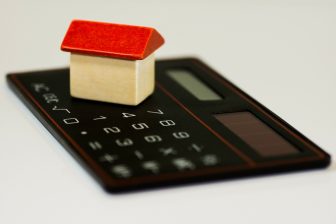 Mortgage purchase approvals returned to pre-pandemic levels in October, falling to 67,200 from 71,900 in September, according to the latest Money and Credit statistics from the Bank of England.
Mortgage purchase approvals returned to pre-pandemic levels in October, falling to 67,200 from 71,900 in September, according to the latest Money and Credit statistics from the Bank of England.
The level of purchase approvals in October was closer to pre-pandemic averages of 66,700 in the 12 months to February 2020, the figures show.
Net mortgage borrowing by individuals amounted to £1.6bn in October, down from £9.3bn in September. This is the lowest since July 2021 when individuals repaid £2.2bn of mortgage debt.
The data shows that gross mortgage lending also fell, from £30.7bn in September to £19.3bn in October, while gross repayments dropped to £18.2bn from £20.6bn in September.
Lucian Cook, head of residential research at Savills, commented: “There is no great surprise to see a fall in the number of mortgage approvals in October given the distortive effect of the end stamp duty stamp duty holiday in September.

“But if we dig a little deeper and look at the number of approvals for house purchase in the past three months, we can see that they are now running at about 7% above normal pre pandemic levels; down from 54% at the beginning of the year and 28% at the half year point. That suggests parts of the market are beginning to normalise after a remarkable burst of activity.
“Indeed, our analysis shows that in the year to the end of September, we saw total spend in the UK housing market exceed £500bn for the first time ever and that, at £513bn, this represented an increase of £170bn increase on pre-pandemic levels. That reflected the unusual coming together of three key factors, the so called race for space as people looked to trade up the housing ladder, the cheap cost of mortgage finance and the added impetus of a stamp duty holiday.
“Activity in the more expensive price brackets continues to hold up strongly, so we expect to see higher than normal spend in 2022, though it’s difficult to see how spending next year can match the extraordinary levels of late across the market as a whole without such a mix of strong drivers. This supports our expectation that house price growth will slow to 3.5% next year.”


Comments are closed.